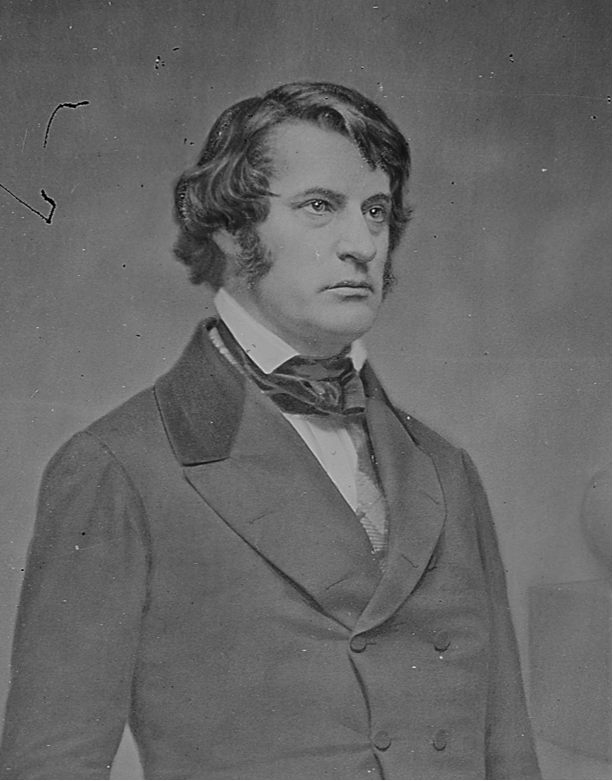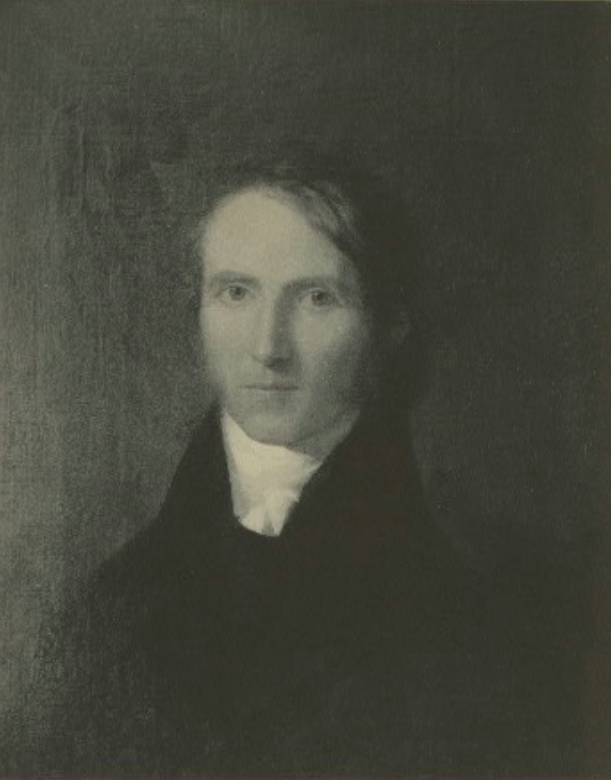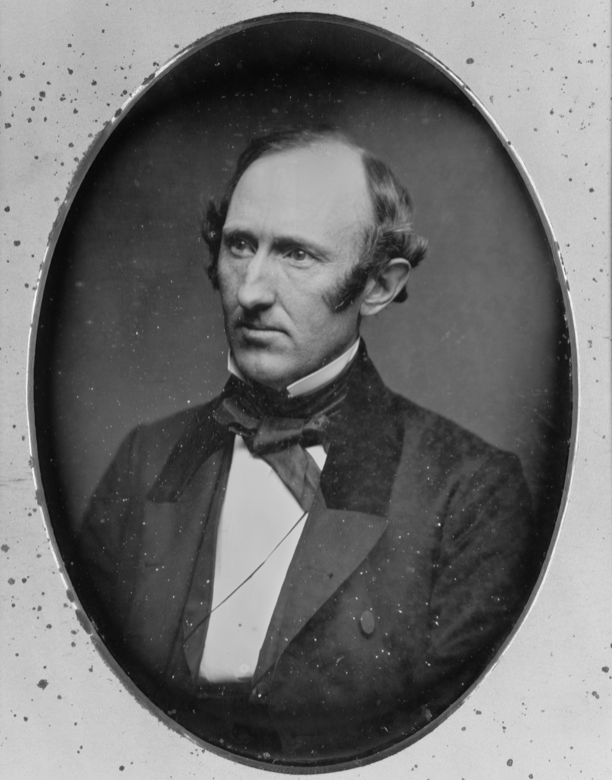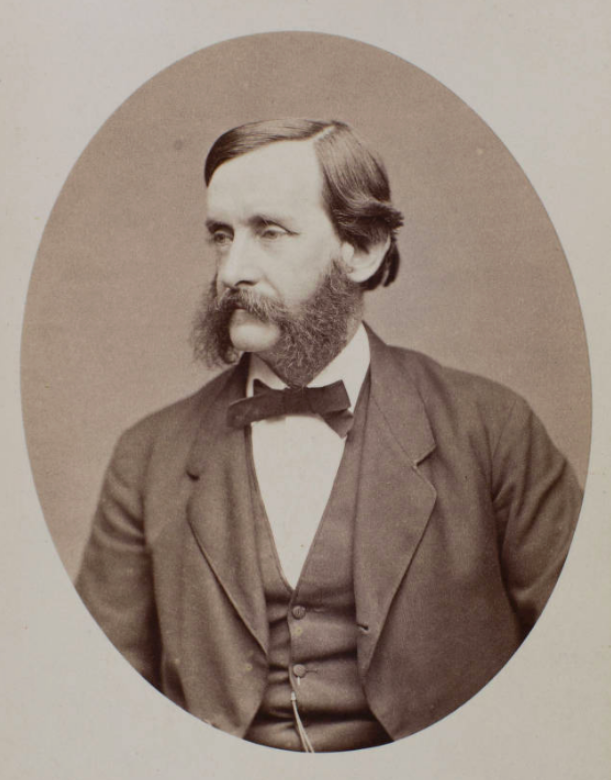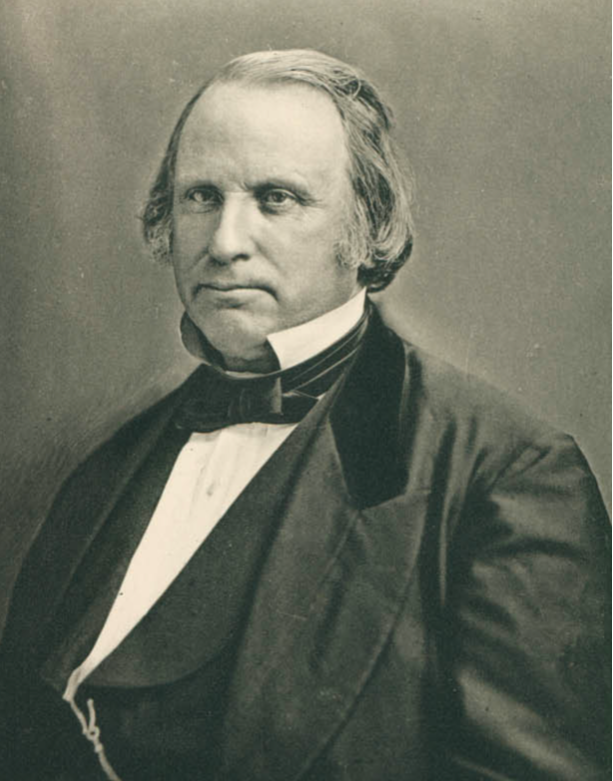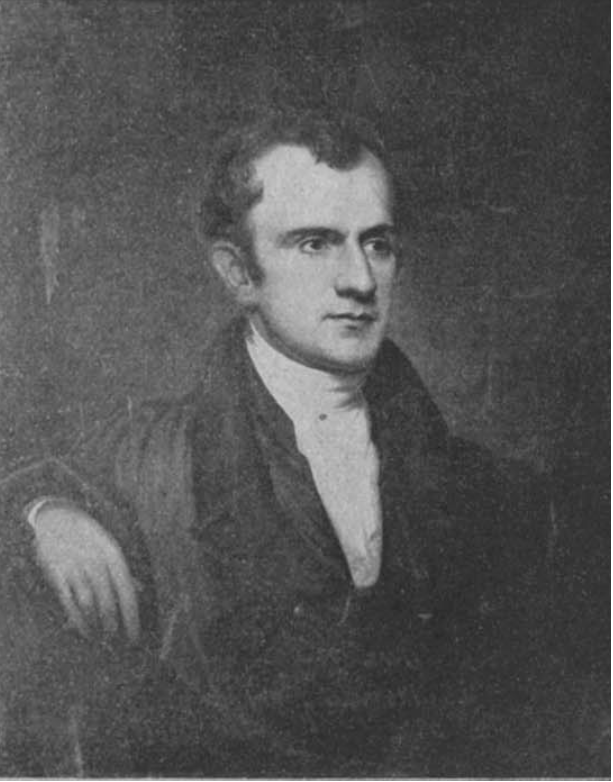In contrast to the indignation of elite Boston society, the abolitionists received An Appeal and its bold author with admiration and gratitude. Child’s skill as a writer, her rational tone, and the comprehensive scope of the book gave An Appeal the ability to affect readers in new ways.
“That such an author— ay, such an authority—should espouse our cause…was a matter of no small joy, yes, exultation. … We knew that she sympathized with her brave husband in his abhorrence of our American system of slavery; but we did not know that she had so carefully studied and thoroughly mastered the subject. Nor did we suspect that she possessed the power, if she had the courage, to strike so heavy a blow.” — Samuel J. May, Some Recollections of Our Antislavery Conflict, 1869.
"[W]e would only express our ardent wish that a copy [of An Appeal] might be placed in the hands of every friend and every enemy of our cause, for the former an armory well stored with weapons...to arm him for combat in this righteous cause, to the latter the means of overcoming his opposition..." — The Liberator, reprint from the Unionist, 14 Dec 1833.
“[W]hilst the thunders of…Garrison were rocking this land, and agitating it, almost all its population were as hard as the rocks… But when the melting notes of a Mrs. Child began to move upon the minds of the people…all the population that heard [her voice] seemed to melt… One Mrs. Child has done more to wake up the people to effort in this cause…than all the men that went before her in this country.” — Rev. Henry Ludlow, The Liberator, reprint from The Friend of Man, 5 Nov 1836.
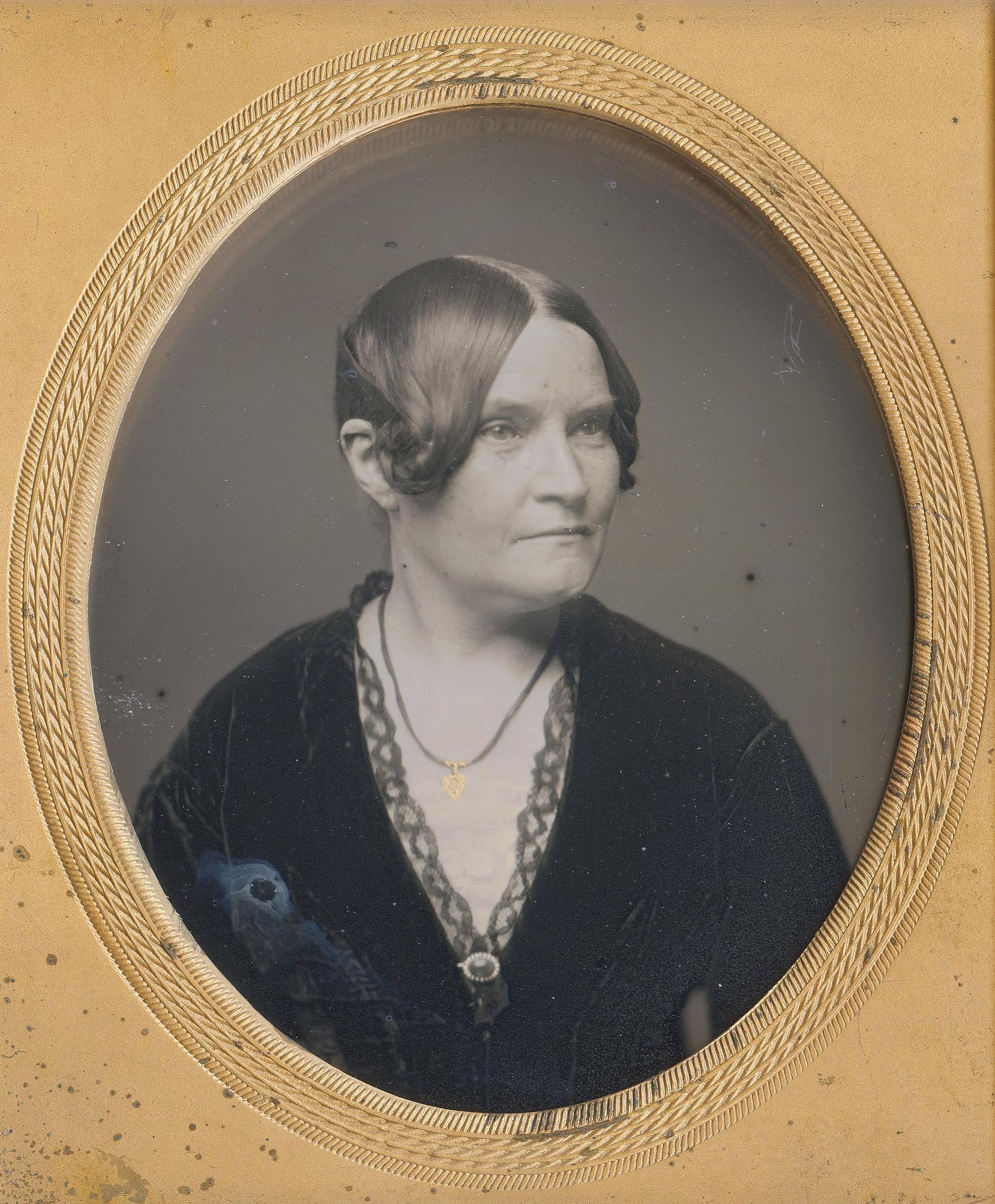
Lydia Maria Child, daguerreotype, ca. 1850. [Courtesy of the Medford Historical Society and Museum.]
